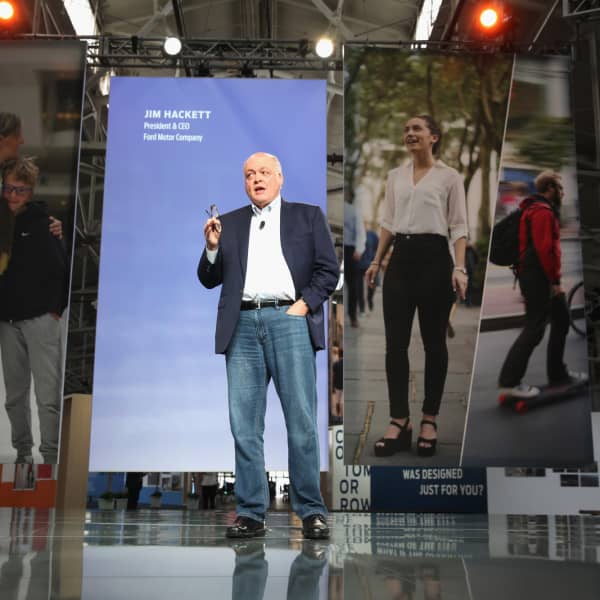About 10 years ago, in room H33 of Harvard University's Kirkland House, one 19-year-old launched "thefacebook.com." Today that 19-year-old is 32 years old and sits at the helm of a $340 billion social networking empire.
Facebook's ability to give every private citizen a public identity revolutionized the way we share our lives and raise awareness about our ideas. It created a breeding ground for entrepreneurs like Evan Spiegel, the Snapchat founder and CEO, who is worth upward of $2.1 billion at the young age of 26.
From Zuckerberg we learned that goals deemed unachievable — like bringing back the nostalgia of Pokemon in an app that shattered the social sphere — thrive within the tech ecosystem. Today the Apple App Store, home to many of these popular platforms, grows by more than 1,000 apps every day, according to the International Business Times.
So what's the by-product of all this noise? A community of new age entrepreneurs who are rapidly swiping left or right and filtering photos to grow their business. But before they began hashtagging, many of these self-made social media mogul's were just trying to learn the tools of the trade from leaders like Zuckerberg, who turned Silicon Valley and everything that came out of it on its head. Here are three relevant tips he gives to all new age entrepreneurs looking to disturb this racket even further:
1. Explore before you commit
In a 2012 talk at Y Combinator Startup School, Zuckerberg stressed to founder Paul Graham that entrepreneurs need to give themselves more flexibility in each pursuit. "You can definitely do that in the framework of a company, but you have to be weary of working at a company and getting locked in," he said. In his first letter to shareholders, Zuckerberg explained that Facebook was never meant to be a company and that at first it was just a hobby of his. Over time it grew into a business.
If you want to be an entrepreneur, it's fine to have ideas that will resolve small problems, but Zuckerberg believes that if you have an idea, it should marry big social impact. He told the group of young guns that in order to have big impact, "you're going to change what you do," encouraging them to explore and determine what they don't enjoy so that they can commit to what they do enjoy when they find it.
Moral: Open yourself up to learning new things, and follow only what you love.
2. Don't try to be superhuman
Mistakes are a good, very necessary part of being an entrepreneur. During a live Q&A, a shy eighth-grader once asked Zuckerberg how he overcame challenges, such as finding lead investors and creating hype among users, during the early days of Facebook. "No person knows how to deal with everything. But if you can find a team of people, or friends, or family … then that's what's really going to get you through," he answered.
Many want-to-be entrepreneurs are afraid to take risk and make mistakes, but Zuckerberg believes that having a strong support system and a team that shares your vision allows for room to appreciate mistakes for what they're worth.
"You don't have to be superhuman; you have to just kind of keep on going."
Moral: It's a long journey, but you don't have to go alone. Find people who share your passion.
3. Done is better than perfect
In Menlo Park, California, where Facebook HQ resides, the phrase "Done is better than perfect" is painted on the inner walls as a social mantra for the company. In other words, producing, gauging a reaction and improving should be considered a badge of honor.
After Facebook filed its S-1 to IPO at the beginning of 2012, Zuckerberg explained the philosophy behind this mantra as "The Hacker Way." He said, "Instead of debating for days whether a new idea is possible or what the best way to build something is, hackers would rather just prototype something and see what works."
By doing so, Facebook embraces an optimistic culture that allows them to test boundaries and say, "This can be better."
Moral: Rather than trying to get everything perfect all at once, seek to continually improve and test boundaries.
— By Riley de León, special to CNBC.com
Correction:
This story has been updated to reflect that the June 19, 2016, market cap for Facebook is $340.78 billion.





